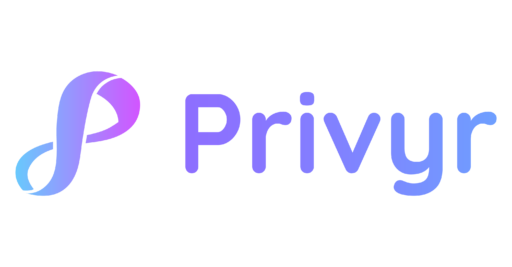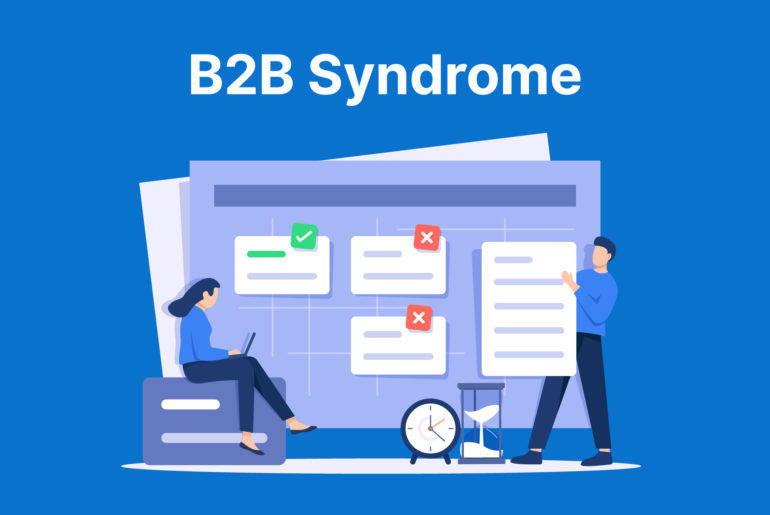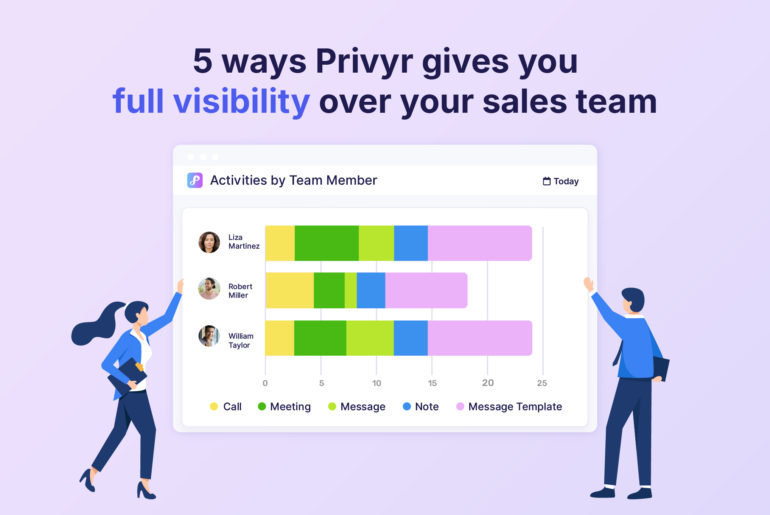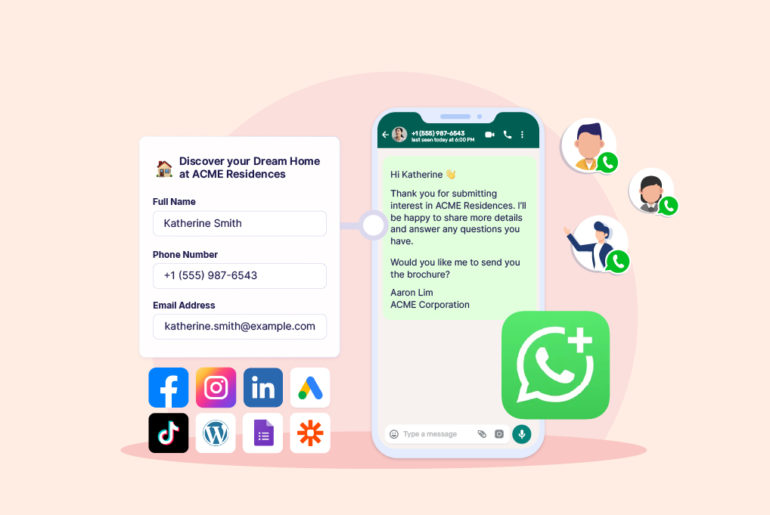Contents
Maybe you’re using a tool that offers WhatsApp bulk-sending features, or maybe you’re considering using one. Before you continue, there’s one really important thing you should know if you don’t want your WhatsApp account to get banned later for “unknown” reasons.
If you’re using WhatsApp to interact with leads and clients, always remember this:
As WhatsApp states in their Terms of Service, users are not allowed to engage in unauthorised “bulk messaging, auto-messaging, auto-dialing, and the like”. If you break this rule, intentionally or not, there is a high risk of getting banned (or even sued) by WhatsApp.
However, with so many WhatsApp-related tools on the market, it’s not always easy to identify which ones are compliant with the platform’s Terms of Service – and which are not. But don’t worry! We’ll cover the basics you need to know.
🔎 Warning signs: How to know if your WhatsApp bulk-sending method is not allowed?
Let’s say you use a tool that helps you send WhatsApp messages to a lot of people at one go, such as a WhatsApp bulk-sender. There are usually a couple of “red flags” you should look out for to determine whether it’s a safe app you can continue using.
Here are some warning signs:
🚩 (1) You have to scan your WhatsApp QR code to set up the WhatsApp bulk-sender tool. This usually means you’re giving the tool complete access to your data and chats. Once you scan your QR code, the tool essentially “hijacks” your WhatsApp account so it can send, and bulk-send, content on your behalf.
Not only is this a huge security concern for your data, it also falls right under the category of “bulk messaging and auto-messaging” that WhatsApp explicitly bans. And if they detect that you’re using such a tool, your account and number could get permanently banned.
🚩 (2) When you bulk-send a message, you never actually have to go through the official WhatsApp apps (like personal WhatsApp or WhatsApp Business). Instead, you can set up and do the sending entirely from the third-party bulk-sender tool. And whether you want to message 20 people or 2,000 people, you can always do so in just one click – this is dangerous and goes against WhatsApp’s Terms of Service.
🚩 (3) The website of the WhatsApp bulk-sender explicitly warns you about potentially getting banned while using their service. They’ll normally have an FAQ section where they teach you how to avoid detection by WhatsApp when bulk messaging. Additionally, they might encourage you to use their service with a new phone number in case you get banned.
That’s not something you should even be worried about if the tool was legal and compliant in the first place.
So how can you bulk-send WhatsApp messages while staying compliant with the rules?
There are some safe apps that you can use to send WhatsApp messages to multiple people more efficiently, like Privyr. Nevertheless, do note that since they follow WhatsApp’s Terms & Conditions, they can never be as fast as those unregulated one-click bulk-senders.
In order to stay compliant with WhatsApp’s policies, you’ll usually need to perform a couple of extra steps in your bulk-sending process. For example, instead of doing one click to bulk message 50 people, you might need to click SEND per recipient.
It’s not lightning fast, but it’s still much faster than manually typing or copy-pasting your message into 50 different WhatsApp chats. For more compliant methods of bulk messaging, check out our other guide on how to bulk-send WhatsApp messages.
Could you just buy a new phone number specifically for bulk-sending, so your main account is safe from getting banned?
Lots of people have the same idea. As long as you’re NOT using unauthorised methods of bulk-sending on your main WhatsApp account, you should be safe, right? Not exactly.
At the end of the day, it’s up to you whether or not you want to use unsafe bulk-senders and simply cycle through different “throwaway” phone numbers to do so. But do remember two things:
- Messaging people from throwaway WhatsApp accounts is generally not a good sales or business strategy.
- Other than banning non-compliant users, WhatsApp can also choose to pursue legal action against them for bulk-messaging, unsolicited messaging, or abuse of their Terms and Conditions. And one cannot avoid that by changing phone numbers.
What about WhatsApp’s built-in Broadcast Lists? Is it safe?
Using the Broadcast List function is definitely a safe way to bulk-message multiple people on WhatsApp in one click, and it is officially supported by the platform.
However, there are several rules and limitations that could lower the impact of your messages.
Limitations of WhatsApp Broadcast Lists:
- Broadcast Messages are only received by people who have saved your number to their phonebook. So you may think that you’re messaging 500 people, but in reality, only 10 people received your message.
- Your message might come across as generic to your recipients because it cannot be personalised – everyone receives the same thing. It gives the impression that you’re just blasting out content, and people who get annoyed could block or report you to WhatsApp.
- Above all, WhatsApp doesn’t allow certain types of promotional messages, especially if they appear spammy. So even if you’re sending content using the proper methods, sending the WRONG thing could still get you in trouble.
In short, Broadcast Lists are generally safe to use, but your messages don’t always get delivered to everyone on your list. And if you usually convert leads by interacting with them in a more personalised way, there are other tools you can use to streamline that process (e.g. Privyr).
Before you go…
What about scheduling WhatsApp messages? 🤔 WhatsApp has rules for that too! Here’s a quick read about whether you should schedule WhatsApp messages.






